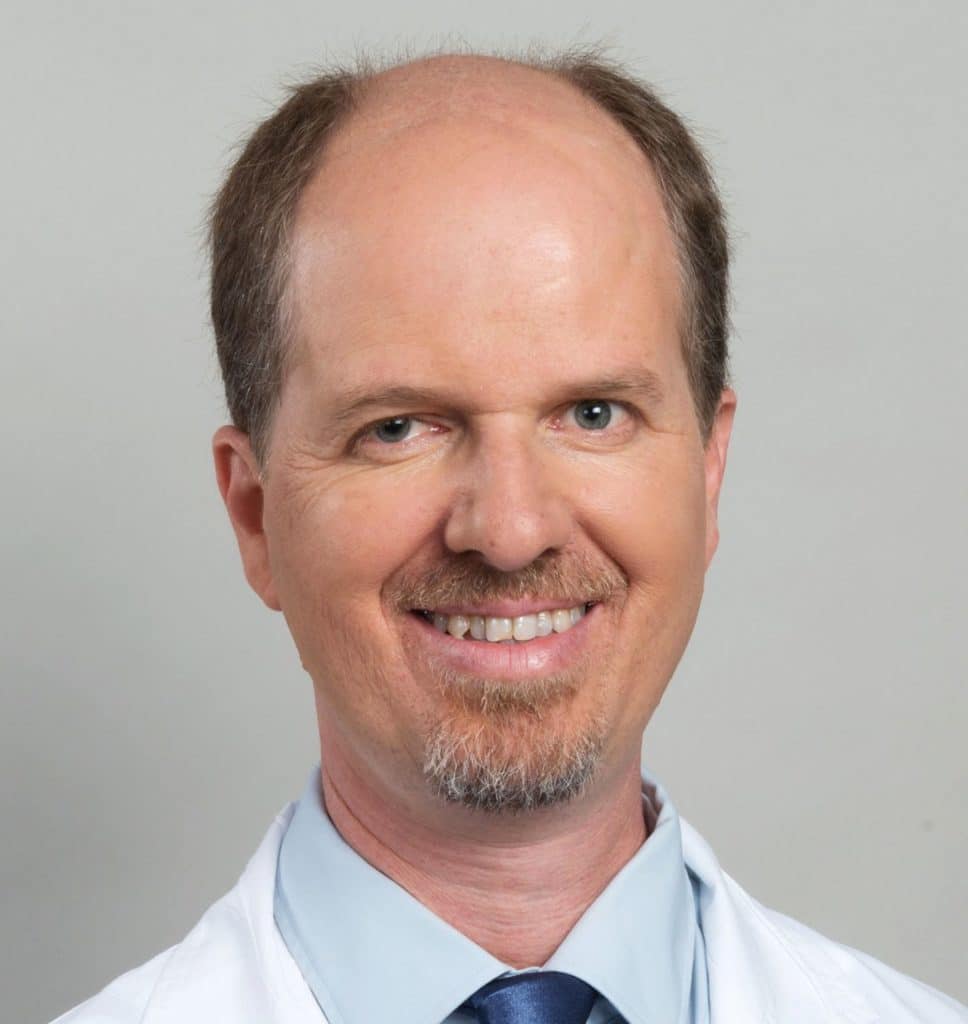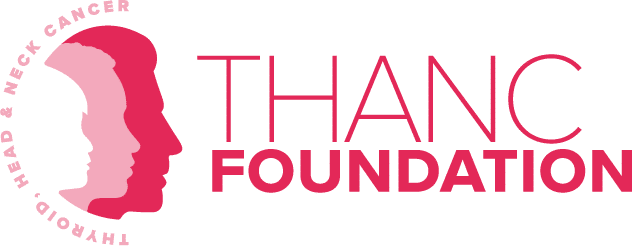
Dr. Eyal Robenshtok is an endocrinologist and thyroid cancer specialist at the Rabin Medical Center, and heads the thyroid cancer service at the Davidoff Cancer Center in Israel. Dr. Robenshtok’s research focuses on individualized, risk-stratified management of thyroid cancer.
When Dr. Robenshtok started his endocrinology fellowship in 2009, there were new guidelines on thyroid cancer coming to light which had everyone in the field excited. At that time, there was some disagreement between surgeons and endocrinologists who generally advocated for different approaches to thyroid cancer treatment. Surgeons in his hospital wanted to do more lobectomies—the removal of only one of the two lobes of the thyroid gland—whereas endocrinologists promoted total thyroidectomies based on the 2009 guidelines. Back then, Dr. Robenshtok was taught the more aggressive approach—a total thyroidectomy followed by radioactive iodine treatment (RAI)—was preferable for most patients. However, the time he spent training in the United States changed his point of view.
During his thyroid cancer fellowship at Memorial Sloan-Kettering, Dr. Robenshtok’s mentors challenged him to dive into the literature. He discovered that many patients received treatments based on studies on advanced disease. Although, it was also evident that patients with low risk disease could do just fine with alternate treatments, including selective surgery. His fellowship gave him expertise in this conservative approach to thyroid cancer treatment, as well as appreciation for the importance of choosing an approach for the betterment of an individual patient. He is grateful for his brilliant mentors who helped show him this new perspective.
Armed with this new knowledge, Dr. Robenshtok returned to Rabin Medical Center in Israel, where he opened a new thyroid cancer clinic. He gave many talks on the conservative approach he had learned, but it was not easy convincing both his colleagues and patients of the merits of selective surgery, who still favored a more aggressive approach. Eventually, with the help of lectures, debates, some social media groups, word-of-mouth, and eventually the 2015 American Thyroid Association guidelines, patients and physicians started to change their minds. They searched for Dr. Robenshtok’s clinic once they learned not all patients need to have a total thyroidectomy or RAI to conquer their cancer.
…don’t get caught up in the negativity surrounding thyroid cancer on social media
Looking to the future of thyroid cancer treatment, Dr. Robenshtok is excited about several potential novel strategies which can have a significant impact on the field in the next 5 to 10 years. One such strategy, using molecular markers, includes applying the results of genetic testing. Beyond finding out if a thyroid nodule is benign or malignant from an FNA biopsy, molecular markers could allow doctors to predict disease behavior—indolent (or inactive) versus aggressive. This will allow physicians to adjust the intensity of treatment according to the type of cancer detected. In essence, physicians may identify who needs treatment and who does not from the start. The second novel strategy will involve improving the efficacy of RAI. Redifferentiation therapy will allow doctors to turn RAI-resistant thyroid disease into a form that is RAI-sensitive, which will make treatment easier. The third and final novel strategy will come in better systemic therapies for patients with more aggressive forms of thyroid cancer. This will involve lowering the toxicity of these medications, reducing adverse side effects, and improving their duration of effectiveness. Dr. Robenshtok believes these novel therapies will yield better outcomes in terms of treating cancer with fewer side effects and resulting in a better quality of life for patients.
As a thyroid cancer physician, there are a few key points that Dr. Robenshtok always makes sure to share from the start. First and foremost, patients should know what their diagnosis means. In more than 98% of cases, thyroid cancer is not life-threatening. It is typically a local disease, and most patients should expect a normal lifespan without significant adverse effects on their long-term life plans. Second, people should know their treatment plan once they have been presented with all their options, such as whether they will elect to have surgery or RAI. Third, patients should know what to expect from treatments like RAI. They can be strange and sometimes intimidating, but the more prepared you are, the less stressful they will be. Above all, Dr. Robenshtok always makes sure his patients know that he will be with them from start to finish.
…ask your surgeon or endocrinologist if they have treated other patients who would be willing to connect with them for support
For thyroid cancer patients just starting their journey, Dr. Robenshtok offered some great advice. First, don’t get caught up in the negativity surrounding thyroid cancer on social media. It can be tough in this day and age where information is always just a click away. Often, the posts patients see on social media regarding experiences with thyroid cancer and its treatment are biased towards the negative as opposed to good outcomes, so take them with a grain of salt. Patients who feel great after treatment don’t tend to use social media to report how well they feel. Second, ask your surgeon or endocrinologist if they have treated other patients who would be willing to connect with them for support during their journey. Patients who have successfully completed their treatment and have returned to their normal lives—which is the case with the vast majority of thyroid cancer patients—can be immeasurably helpful to patients just starting treatment.
30 Stories in 30 Days
September is Thyroid Cancer Awareness Month. As part of that theme, we will post stories written by thyroid cancer survivors, caregivers and medical professionals for our 30 Stories in 30 Days campaign. We hope their perspectives and insight will help others along their journey.


